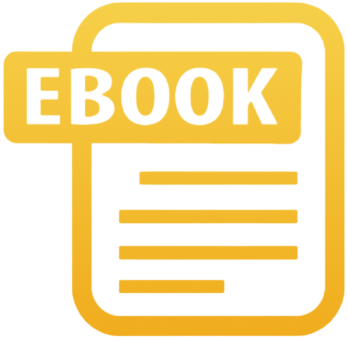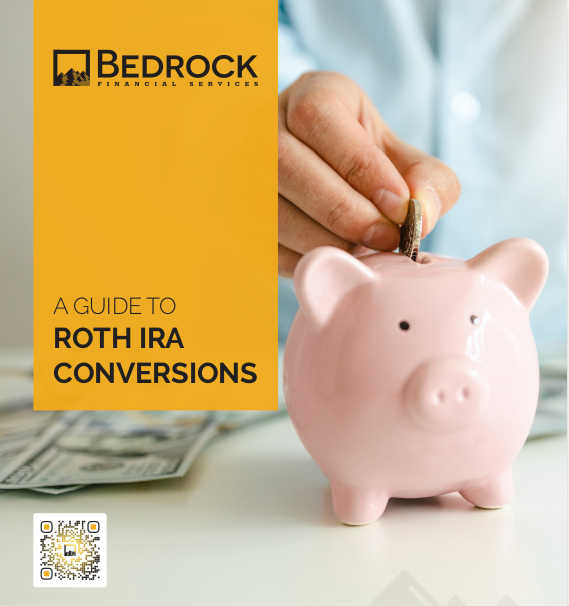Key Takeaways
-
The single best way to avoid client panic is to build a pre-call routine into your CRM habit. This habit ensures every meeting starts with clarity and ends with trust.
-
Investing just 15 minutes per day inside your CRM—focused on prepping tomorrow’s follow-ups—can eliminate last-minute scrambles and improve your close rate.
The Hidden Cost of Client Chaos
You’ve likely felt it: that sinking moment before a client call when you realize you forgot something important. Maybe it’s a policy detail, a spouse’s name, or worse, their original pain point. Last-minute scrambles don’t just cost you time—they chip away at the trust you’re working so hard to build.
In 2025, when prospects have more options and less patience than ever, every conversation counts. That means your CRM can’t just be a digital filing cabinet. It needs to work like a personal assistant—reminding, preparing, and prompting you to show up like a pro.
And the best way to do that? Build a daily CRM habit.
What a CRM Habit Actually Looks Like
This isn’t about spending hours updating endless fields. A strong CRM habit is short, structured, and focused on actions that directly support your sales conversations. Here’s what that habit includes:
Daily Check-In (10–15 minutes)
-
Review upcoming calls and tasks for the next 24–48 hours
-
Look at the client’s last touchpoint—was it a call, email, or quote?
-
Update statuses or notes if anything has changed since last time
This simple review lets you start the day with clarity instead of reaction mode. You’re not asking, “Who am I calling today?” You already know—and you’re ready.
Weekly Prep (30 minutes once per week)
-
Look ahead at next week’s calendar
-
Flag any prospects you haven’t spoken to in over two weeks
-
Segment leads based on interest or urgency (hot/warm/cold)
-
Pre-draft follow-up emails or texts for your top 5 prospects
Done consistently, this reduces the chance of a cold lead going dark or a warm one slipping through your fingers.
Why Most Agents Only Use 20% of Their CRM
It’s common to see insurance agents buy into CRMs for automation or organization—only to use them like a glorified notebook. That’s because most platforms don’t train you in usage habits. They teach you what the buttons do, but not how to use them to reduce your workload and anxiety.
The result? You remember follow-ups late. You forget important context. You scramble to sound prepared when your calendar pings. And even though your CRM has the information, it’s buried under clutter.
In contrast, agents who develop a CRM habit operate with control. They don’t just react—they lead. Their follow-ups are timely, and their calls feel confident. That difference shows up in conversions.
The 15-Minute Rule: One Small Change, Big Results
You don’t need to overhaul your workflow. You just need to block off 15 minutes at the end of each workday to:
-
Check tomorrow’s schedule
-
Skim client profiles for updates
-
Add 1–2 personal notes (like birthdays, preferences)
-
Prep talking points for high-priority calls
That’s it. Just 15 minutes to set up your future self for calm, confident interactions. It’s a micro-habit that pays compound interest in credibility.
The Real Problem Isn’t Forgetting—It’s Friction
Most missed follow-ups or awkward conversations happen not because you don’t care, but because there’s friction between your intent and your tools. Maybe your CRM feels clunky. Maybe you’re not sure what to write. Maybe you’re switching tabs too often.
Here’s how to reduce that friction:
Create CRM Templates
Have standard templates saved inside your CRM for:
-
Policy review reminders
-
Annual check-ins
-
Claims follow-up
-
Cold lead reactivation
This saves you time and mental effort. You’re not writing from scratch every time. You’re customizing a structure that already works.
Use Tags and Triggers
Label leads clearly (like “turning 65 in 90 days” or “follow-up in Q3”).
Even better, set up triggers—so when a lead opens an email, you get notified to follow up. Or when a client reaches a timeline milestone (like turning 59½), they automatically shift to a new segment.
Color-Code Urgency
Visual cues help. Color-code your calendar or CRM contact list:
-
Red = urgent/high priority
-
Yellow = warm
-
Green = low priority
You’ll scan your day and instantly know where your energy needs to go.
Clients Notice the Difference
When you show up to a meeting and say, “I remember last time you mentioned…”, the client notices. When your email lands right after a major life event, they notice. These little signs of consistency separate average agents from trusted advisors.
This is how you build a reputation—not just for knowledge, but for reliability.
Automate Without Going Cold
Automation helps—but only when layered on top of intentional habit.
If you rely only on automation, your communication starts to feel robotic. But if you use automation to support a routine—like prepping your pipeline daily and scheduling semi-personal emails—then you get the best of both worlds: scale and connection.
The goal is to never leave a client wondering if you forgot about them.
How Long Before This Habit Pays Off?
Here’s a breakdown of what to expect:
-
Week 1–2: You’ll feel like you’re adding one more thing to your plate.
-
Week 3–4: The CRM habit becomes muscle memory. You’ll feel in control of your day.
-
By 90 Days: You’ll reduce missed follow-ups, close more warm leads, and start getting client compliments on how “on top of it” you are.
Consistency, not complexity, is the key.
CRM Success Isn’t About Tools. It’s About Timing.
Most agents think success is tied to picking the “right” CRM. But in 2025, every CRM has similar features: task lists, automation, contact records. The real differentiator is how and when you use it.
That’s why developing a CRM habit is more valuable than any single feature. You can switch tools—but your workflow stays with you.
Use Our Support to Build Stronger Habits
At Bedrock Financial Services, we’ve seen firsthand how insurance agents transform their productivity when they get CRM habits right. That’s why we go beyond tech tools—we provide real support.
When you sign up, you get:
-
Coaching to help you build daily and weekly CRM habits
-
Prebuilt templates for better follow-ups
-
A smart automation system that enhances—not replaces—your personal touch
We help you sell with more confidence, follow through with more consistency, and grow with less guesswork. Join us to take the stress out of sales.







